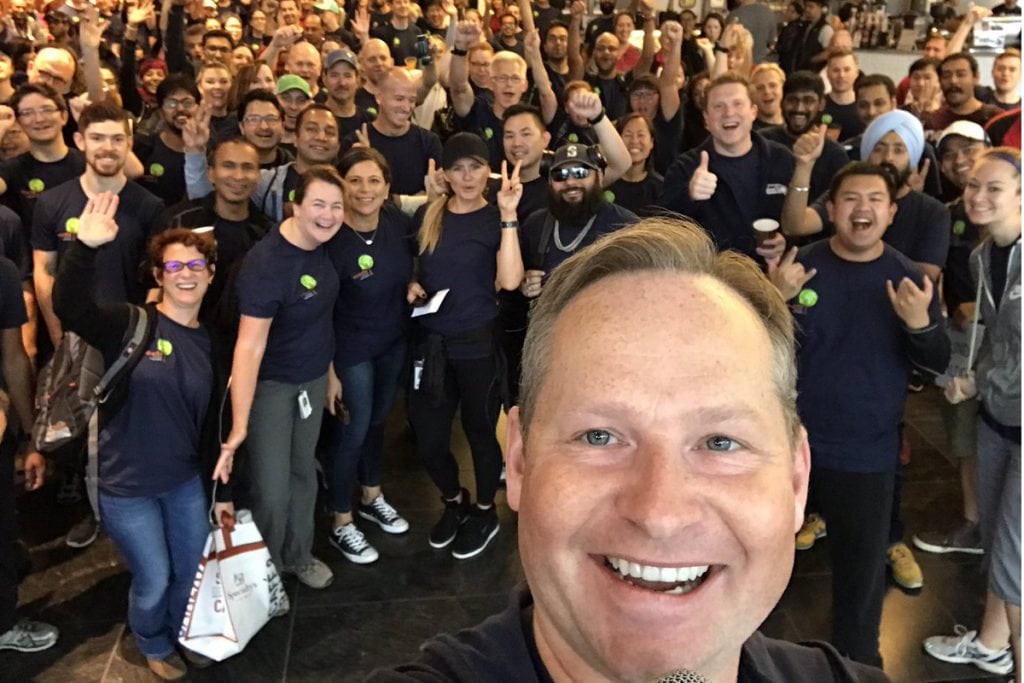Expedia Marketing Spend Levels May Reflect a Changing Advertising Environment

Skift Take
Has the competitive advertising environment in travel experienced a reset?
One thing that investors and analysts keenly watch is the efficiencies in Expedia Group and Booking Holdings' advertising spend as they contribute billions of dollars annually to Google and other platforms in the form of digital and brand marketing.
For the last year, Booking Holdings, in particular, and Expedia, as well, have been pulling back from some metasearch and other platforms. For example, Booking Holdings contributed 49 percent of Trivago's total revenue a year ago, but that fell to 38 percent in the second quarter.
Expedia reported second quarter results Thursday and seemed to experience a watershed moment in that its selling and marketing expense of $1.54 billion fell 229 basis points as a percent of revenue to 53.5 percent. In other words, Expedia's selling and marketing expense increased 7 percent, but fell as a percent of revenue.
As you can see from the Skift Research chart below, that reversed a trend that saw marketing spend climbing faster than revenue growth over the past few years.
Source: Skift Research
Whether this trends holds true beyond this quarter or was a momentary or seasonal hiccup remains to be seen.
Expedia Group CEO Mark Okerstrom addressed the issue during a call with analysts and said that some of the big players — including Booking Holdings, undoubtedly — have been pulling back in some of the bidding auctions and that has removed some "heat."
"It's hard to say in the travel industry whether anything is the new normal," Okerstrom said. "It's always dynamic. It's always been dynamic. I think the one thing, of course, that has created opportunities for us is just our increased capabilities," referring to what he characterized as Expedia's increasing sophistication in using data science to inform its bidding and marketing decisions.
He added: "And I think that is something that is the new normal. I think the question is, of course, with all of this, is you can build competitive advantage, but to sustain it you got to keep moving."
Okerstrom said the competitive environment in brand advertising, largely but not exclusively TV advertising, hasn't really changed in the last five or six years as various competitors step on the pedal or decelerate their spend.
"If you take the U.S. for example, you saw over the course of the last five years, Trivago came in very significantly, essentially backed by us," Okerstrom said. "You saw Orbitz and Travelocity a while back. You saw Booking.com come in I think first in 2013. And you saw TripAdvisor come in and pull back. So it's always been a very dynamic environment. But for us, I think television advertising, brand spend, it's always been a key part of our formula. And we're just going to keep doing our thing."
Expedia beat consensus estimates for earnings per share at $1.38 versus $0.90, and second quarter revenue came in at $2.88 billion, which was an 11 percent increase and in line with analysts' expectations.
Early Days?
Listening to Okerstrom talking about the online travel company's future, you might mistakenly think he was heading up a travel startup.
Okerstrom said several times Thursday that these are early days for Expedia in terms of international lodging supply expansion, including hotels and HomeAway's alternative accommodations listings; creating offerings that are locally relevant; and in fostering a network effect from the company's multi-product platform. In the second quarter, for example, Expedia accelerated its pace of available property acquisitions 72 percent year over year to 750,000.
"We're still early days in terms of building real liquid marketplaces across all the lines of business," Okerstrom said. "Yes, we are investing right now and making sure that we've got a locally relevant product in the hotel and alternative accommodations marketplace in priority countries and are going to move that around the world. But short to follow is making sure that we do that as well in those priority markets across air, car, activities, cruise. And we love the cruise business. I think we're just at a very early, early stages."
Expedia increased its guidance range for 2018 to adjusted earnings growth of 7 percent to 12 percent, which is 300 to 400 basis points higher than the previous forecast, excluding cloud migration costs.






